Artificial intelligence and machine learning
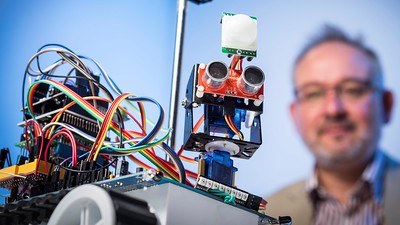
Our research group investigates artificial intelligence and machine learning, including the nature of intelligence and how to build intelligent systems.
We research systems-wide issues in computer science ranging from mathematical foundations through visual and cognitive processes to artificial intelligence, human-centred design and collaborative systems.

Our research group investigates artificial intelligence and machine learning, including the nature of intelligence and how to build intelligent systems.
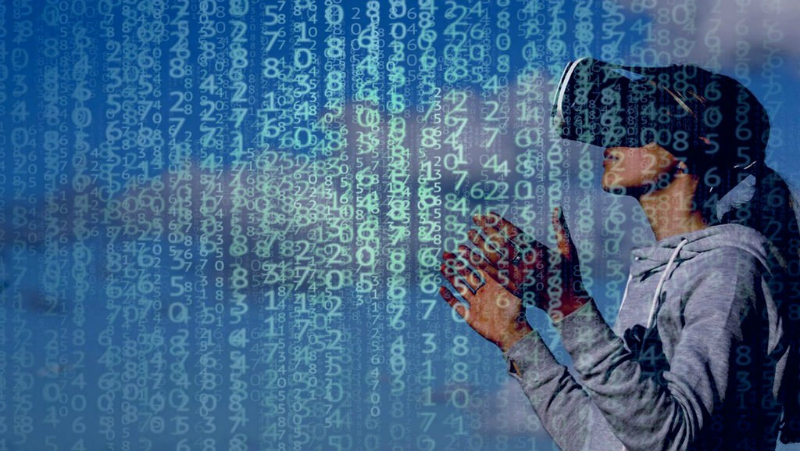
We explore the interactions between computer systems and their human users.
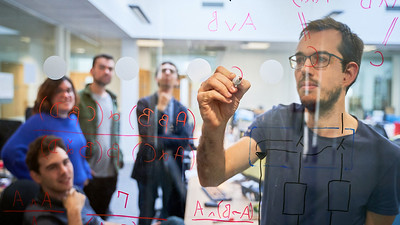
We explore the relationship between mathematics and computer science.

We work at the intersection of computer vision and computer graphics.
98% of our submitted research activity was ranked as ‘world-leading’ or ‘internationally excellent’ in the most recent Research Excellence Framework (REF2021). Learn more about how our research helps to shape a better future.

Eager to ramp up your fitness while stuck at home? A new generation of VR exergames will nudge you to perform better by immersing you in a crowd of cyclists.

Scientists at the University of Bath have developed a quick and easy approach for capturing 360° VR photography without using expensive specialist cameras.

Researchers from CAMERA are using Hollywood technology to assess the benefits of an exercise programme aimed at reducing the risk of falls in older people.

Researchers from CAMERA have developed the first non-invasive way of measuring athletes' push start performance.
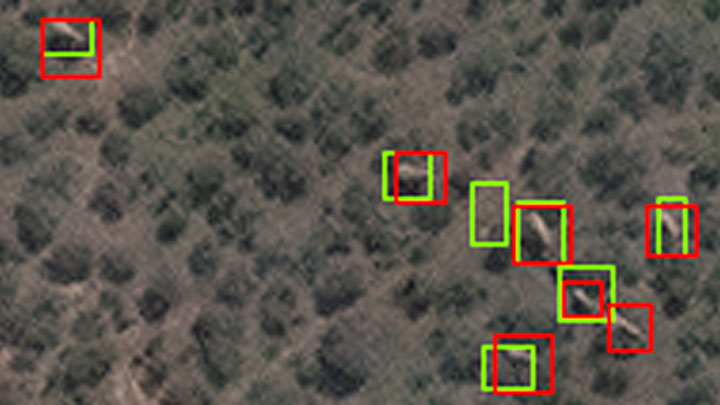
Satellite images processed with the help of computer algorithms devised at the University of Bath are a promising new tool for surveying endangered wildlife.
Our research centres enhance the cross-disciplinary and industry-facing focus of the work in our department.
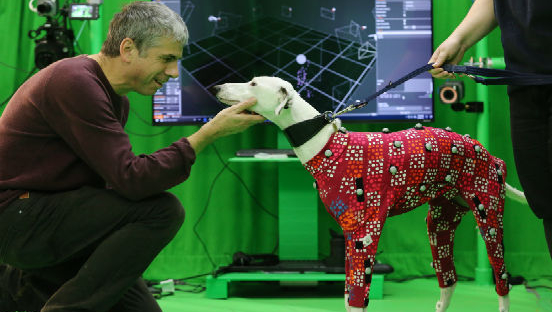
We create advanced motion tracking technologies for use in the entertainment industry, training and athlete performance, and assistive technologies.

We are an interdisciplinary centre researching virtual and augmented reality technology.
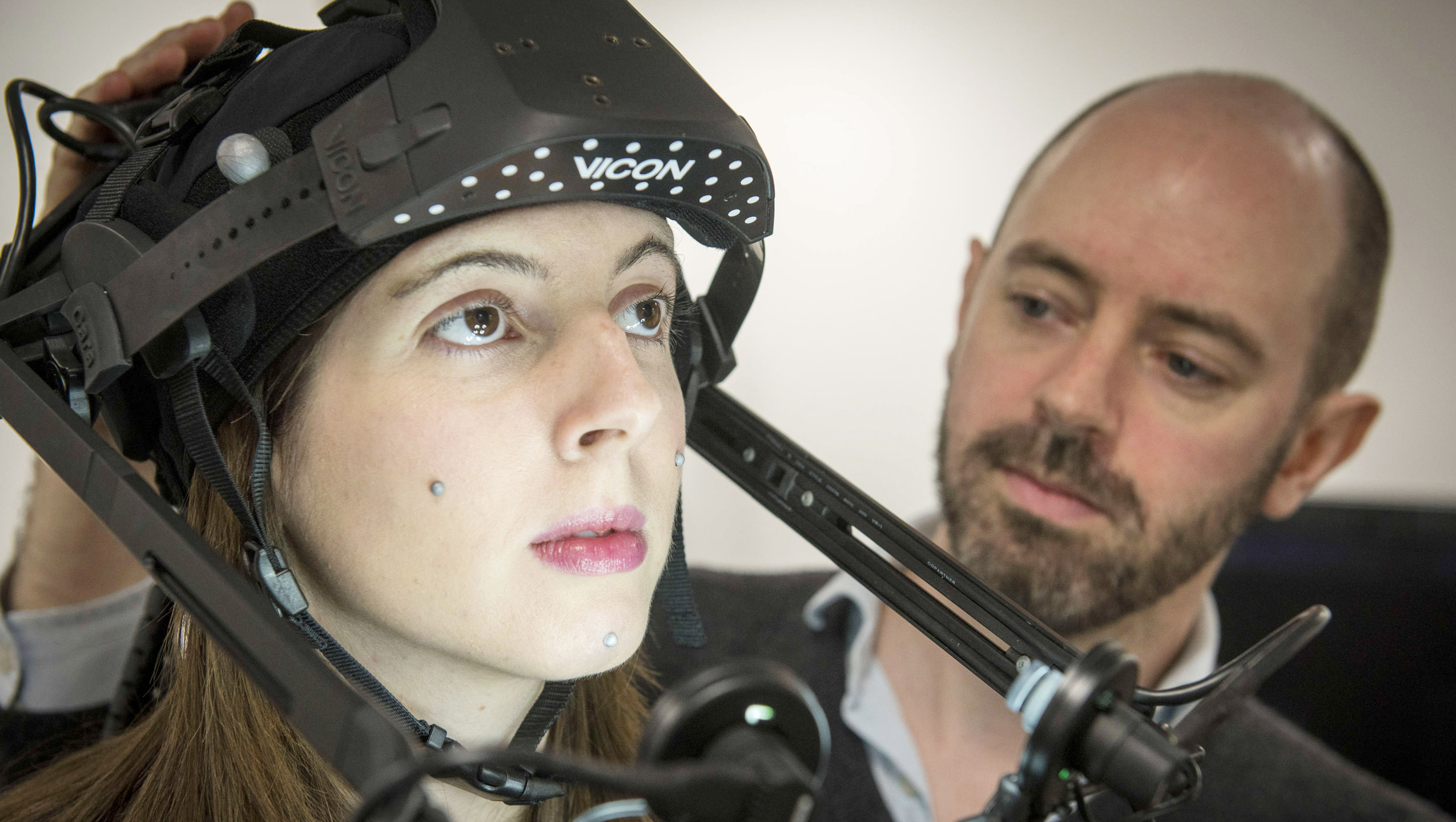
Our research engineers are working with industrial researchers in leading animation, VFX and games companies.
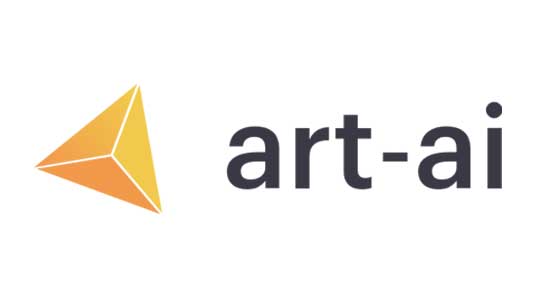
We train the next generation of specialists with expertise in AI, its applications and its implications.
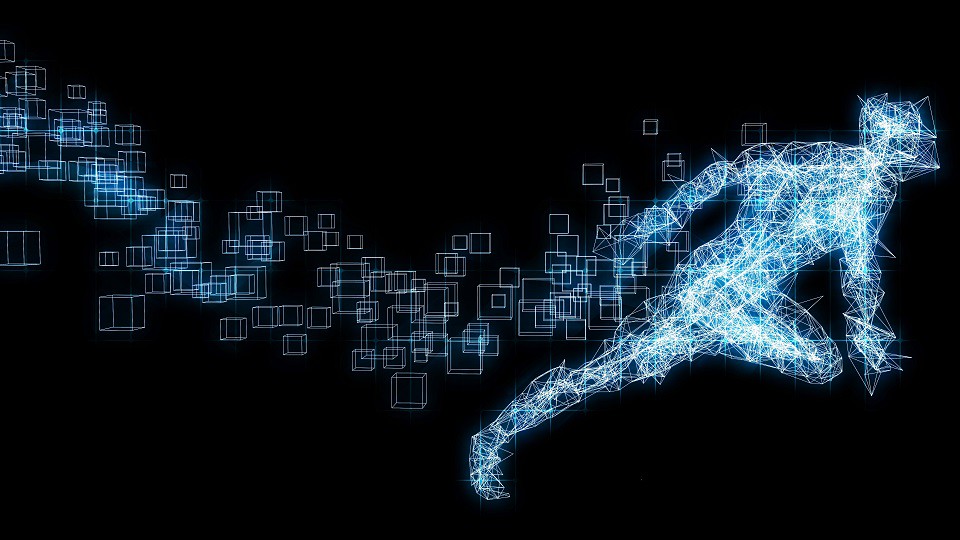
We are a diverse community who develop and deploy technology to enhance and improve the physical and cognitive abilities of individuals.
We also support research in faculty- and university-wide interdisciplinary research centres.

We transform innovation, arisen from basic research, to diagnostics and prognostics, medicines design and delivery, leading to personalised medicine.
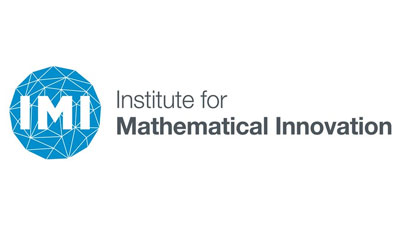
The Institute for Mathematical Innovation delivers multi-disciplinary and mathematically grounded research for real-world, societal and industrial challenges.

A world-leading centre of excellence for research, innovation, enterprise and education, supporting the future direction of the automotive industry
Explore our state-of-the-art facilities.

Explore our state-of-the-art facilities available for teaching and research with expert support from University staff.
We offer projects over a broad spectrum of subject areas. Projects are available as part of Doctoral Training Partnerships as well as on an individual basis.
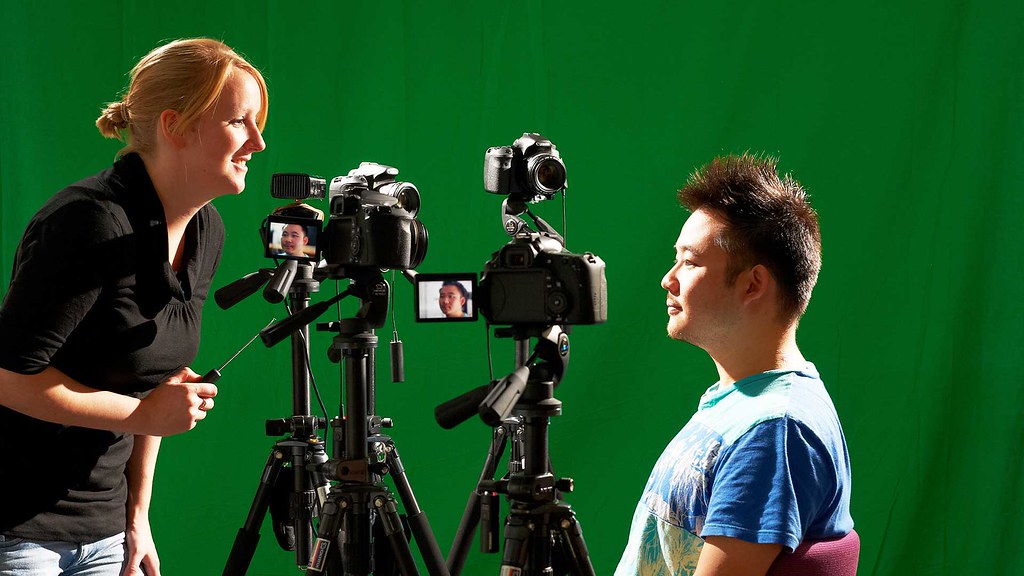
Find out about our PhD degrees, funding opportunities and how you can apply.
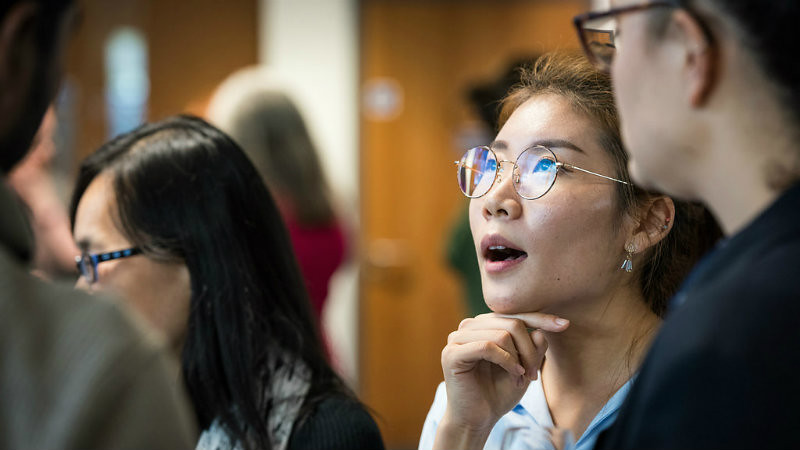
We support and enrich the experience of our doctoral researchers and play a key role in developing policy and strategy relevant to doctoral study.

We train the next generation of specialists with expertise in AI, its applications and its implications.
Apply now for one of our academic positions.
Find out more about research consortia in which we participate.
Find out more about some of our major research grants.

Centre for the Analysis of Motion, Entertainment Research and Applications (CAMERA) - 2.0
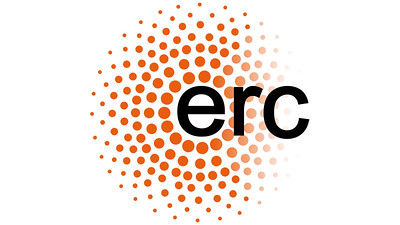
Today's touchscreens are flat, solid surfaces that do not reproduce real-world object interaction properties. The project aims to revolutionise touch input.

The doubly exponential wall cannot be broken completely: this rise in costs is inevitable. However, this project aims to "push back the wall".

Funded by the ESIF, CAMERA will bring together regional academic leaders with industry specialists and world leading training institutions.
Find out more about our spin out companies, which resulted from commercialising our research.
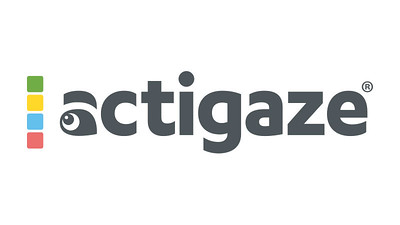
We've developed a new technique that comes close to the mouse in speed and accuracy, and that's a breakthrough. Try it yourself!

Echo Games develops games and interactive experiences that stimulate reflection on socio-cultural and historical topics.
Find out more about our department including our courses and staff.